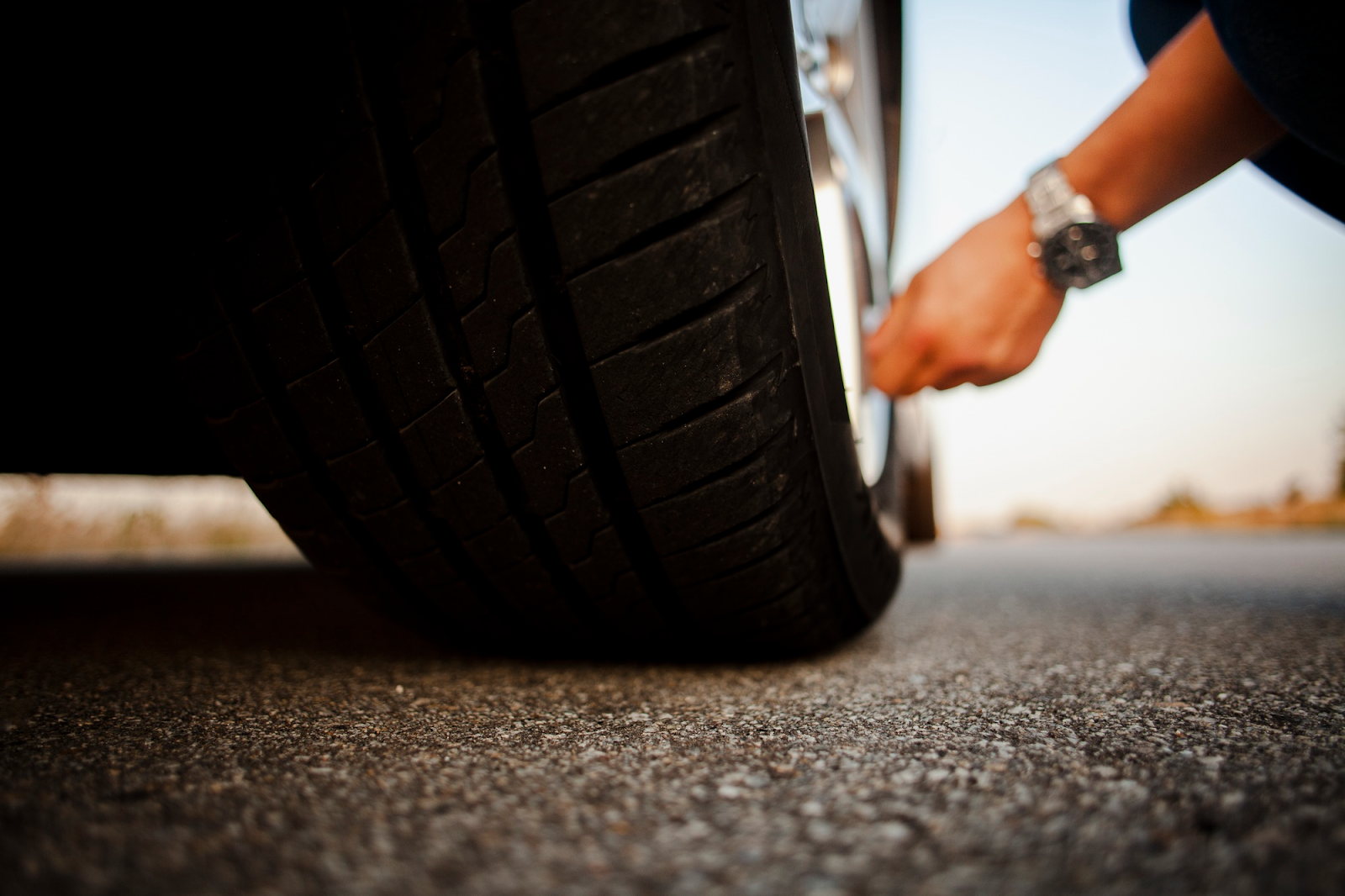The road can be a dangerous place. Accidents happen everywhere and your brakes can be the difference between life or death. That’s why it’s important to ensure they are in top notch condition. Brake maintenance is also much easier than you think.
All you need is a few simple tools, a little know-how and the willingness to check them regularly. Here are some key things all car owners should know about brake maintenance:
Understanding Brake Components
In order to maintain your brakes, you must first understand how it works. The break is made up of various components like the master cylinder, brake line, caliper, pad and rotor.
Each component plays an important role and being familiar with them can help you identify potential issues. For example, problems with the master cylinder might result in a spongy pedal while issues with the caliper could lead to uneven braking.
So take time to study each component and you’ll eventually know what to do when it’s time for inspection.
Regular DIY Inspection
Once you know the ins and outs of your brake, you can now conduct your own inspections. Make it a habit to visually inspect your brakes regularly.
Inspect the rotors for any wear and tear, check the calipers for any leaks and replace your pads if they’re too thin. Here are more tips to help your DIY inspections:
- Check Brake Fluid: Brake fluid is vital for transferring force within the brake system. Check the colour of the brake fluid; it should be clear or slightly yellow. If it appears dark or discoloured, it might be an indication of contamination, and a brake fluid flush may be necessary.
- Inspect the Brake Lines: Inspect your brake lines for any signs of damage or corrosion. Most importantly, check for any signs of leaks as it can affect the transmission of fluids. No fluid, no brakes!
- Check Brake Hardware: The small components that hold your brake system together, such as caliper bolts, should not be overlooked. Ensure they are tight and in good condition. Loose or damaged hardware can lead to brake malfunctions.
A regular inspection can save you from more expensive repairs down the road. Not to mention the peace of mind of driving a safe car!
It’s good to conduct your own inspections but that doesn’t mean you shouldn’t get it professionally checked.
Professional Inspection
DIY inspection is a noteworthy skill all car owners should have. However, there are certain aspects that require the expertise of a professional. A certified mechanic has the tools and experience to conduct more thorough inspections.
They can evaluate the overall health of your brake system, providing a comprehensive assessment of its performance. This can reveal hidden issues such as noises, vibrations or unusual behaviour that was not evident during your DIY inspection.
All in all, the complex machinery of a car should not be taken lightly especially when it comes to maintenance. That’s why it’s important to get a second opinion from a professional.
Proper Braking Habits
Your driving habits play a big role in the longevity of your brakes. Conducting regular inspections is one thing but knowing how to use your brakes wisely is equally important. Here are some tips on how to break properly:
- Anticipate Stops: Look ahead and always anticipate when you’ll have to stop or slow down. Gradually decelerate instead of hitting the breaks at the last movement. This can significantly reduce the wear and tear on your brake pads.
- Avoid Riding the Brakes: Some people have the habit of keeping their foot on the brake pedal while driving. This is called “riding the brakes” and it can lead to unnecessary friction on the brake components.
- Minimise Sudden Stops: As a passenger, sudden stops can be annoying to say the least. And for your car, it can have serious consequences on your braking system. So remember to brake moderately and avoid slamming your brakes.
- Brake Before Turns: When approaching a turn, it’s advisable to start braking before entering the curve. This gradual approach allows for smoother deceleration and reduces stress on your braking system.
- Weight Distribution: Avoid stuffing your vehicle with unnecessary things. This can add to the overall weight of your vehicle and damage your breaks. Always follow your vehicle’s recommended weight capacity to avoid premature wear.
Conclusion
Whether you’re a seasoned driver or a novice, you should not overlook your braking system. There’s a fine line between the safety of yourself, your passengers and others on the road. Although break failures are rare, it’s better to be safe than sorry.
So do yourself a favour and get those brakes checked. And remember to get a second opinion from our professionals at ZOZ!





